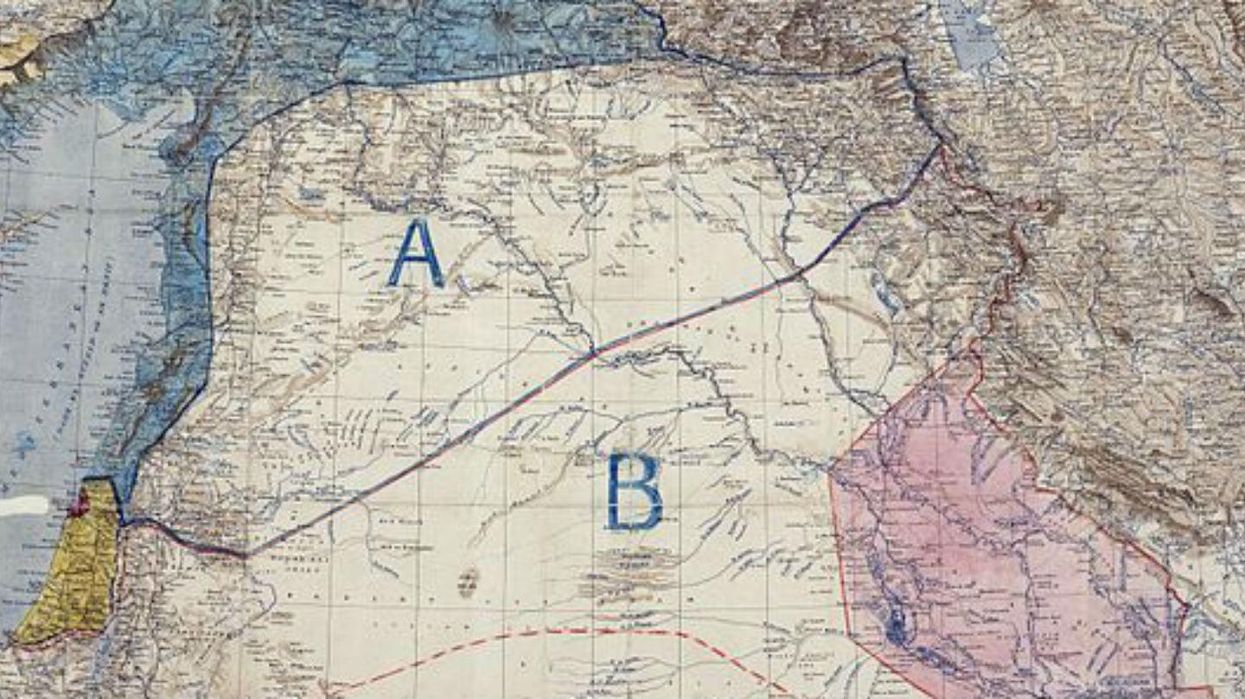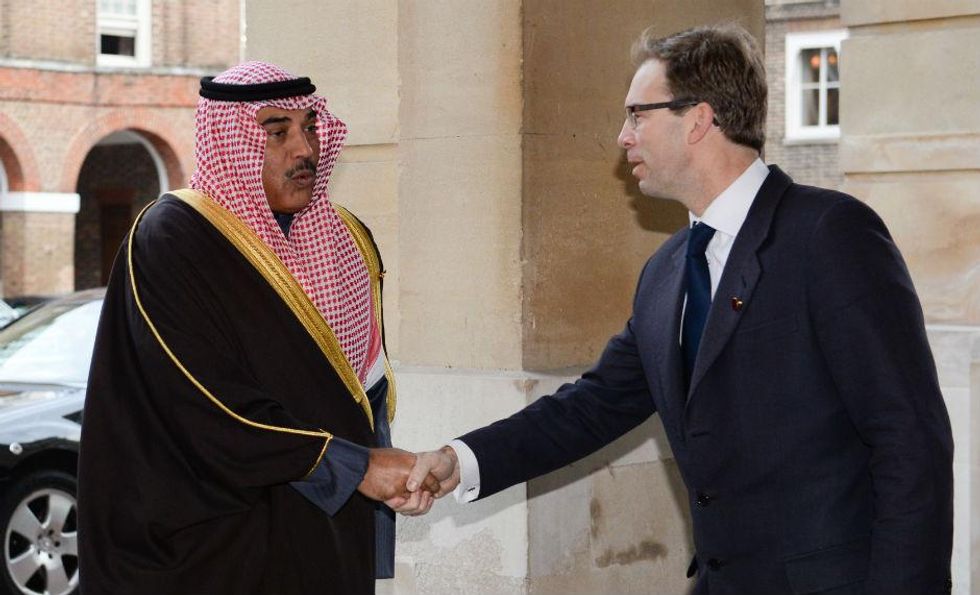News
Narjas T. Zatat
Mar 03, 2016

When it comes to peace in the Middle East, at least one member of the British government has clearly been looking to history for advice and inspiration.
Conservative foreign office minister Tobias Ellwood made a seemingly tongue-in-cheek but at the same time highly important point about the possibility of drawing up borders to end the war in Syria in parliament this week.
He said:
It is for the people of Syria to determine their future as to how the country needs to be managed, how it should be governed. We are at very, very early stages.
I think it would be wrong and I think history shows Britain hasn’t always been the best placed to make assessments, not least in this particular patch of the world.
Past interference in international affairs has indeed yielded disastrous and long-term consequences.
The Sykes-Picot agreement, ratified in 1916, carved up the Middle East and has arguably been one of the root causes of the problems the region is currently facing.
There have been calls to once more draw arbitrary borders in Syria in an effort to end the war between those loyal to the Bashar al-Assad regime, and those against it.
Last Tuesday US Secretary of State John Kerry talked to a Senate committee about the possibility of new borders.
Someone is going to have to sit down at a table and arrive at an understanding about what Syria is going to be.
I'm not going to say this process is sure to work but I know this is the best way to try and end the war and it is the only alternative available to us if we're going to have a political settlement.
But as Ellwood admitted: Western powers drawing lines in the sand has hardly been a successful solution in the past...
More: This very 'simple' chart should clear up the whole war in Syria for you
More: People are starving to death in Yemen as well as Syria
Top 100
The Conversation (0)














